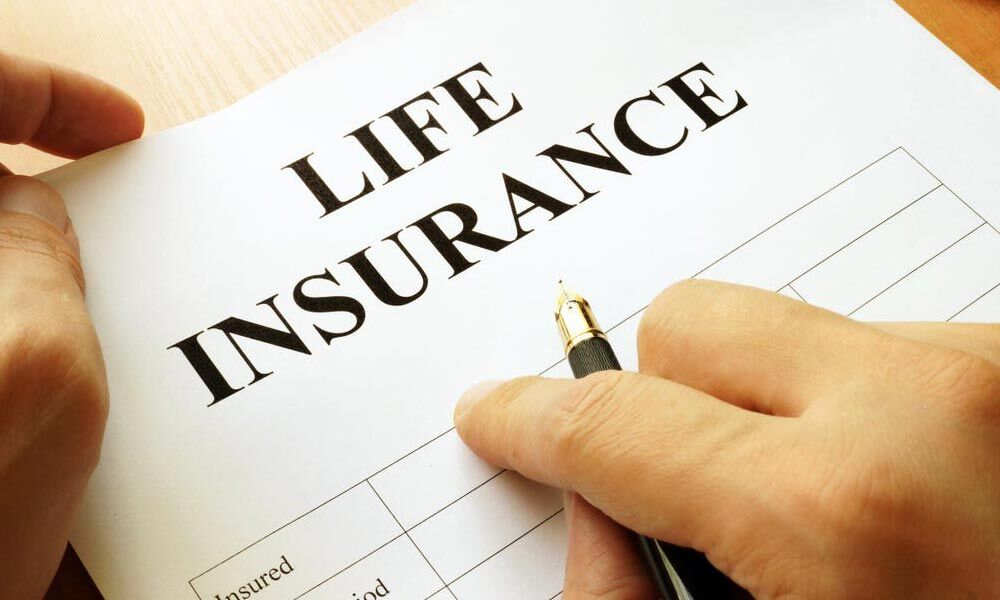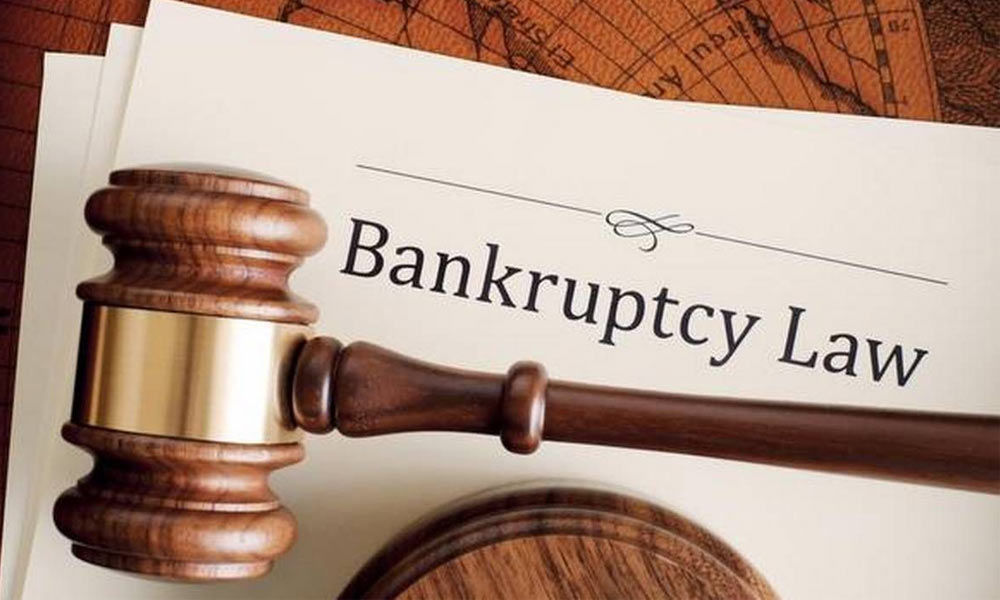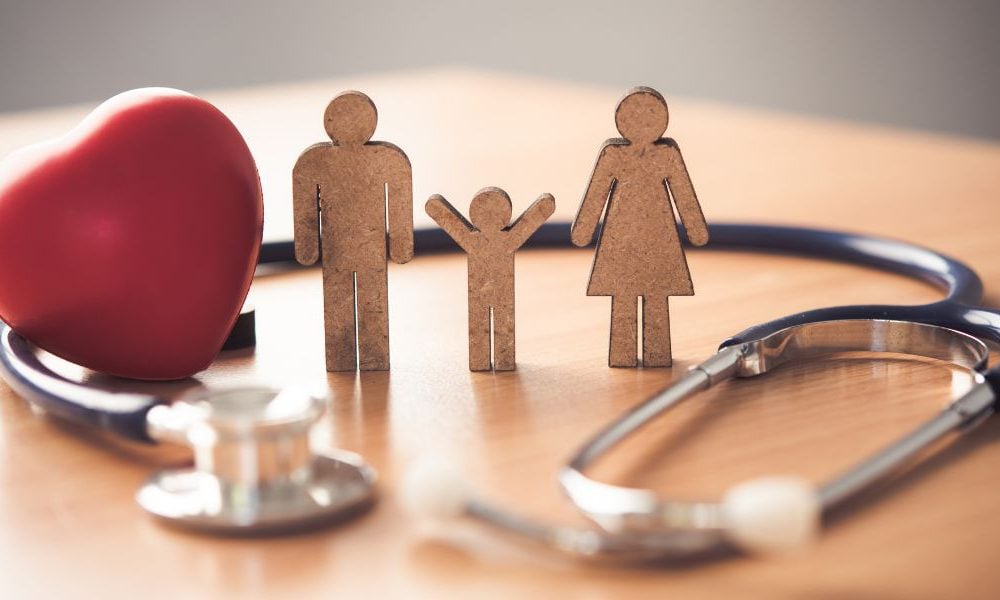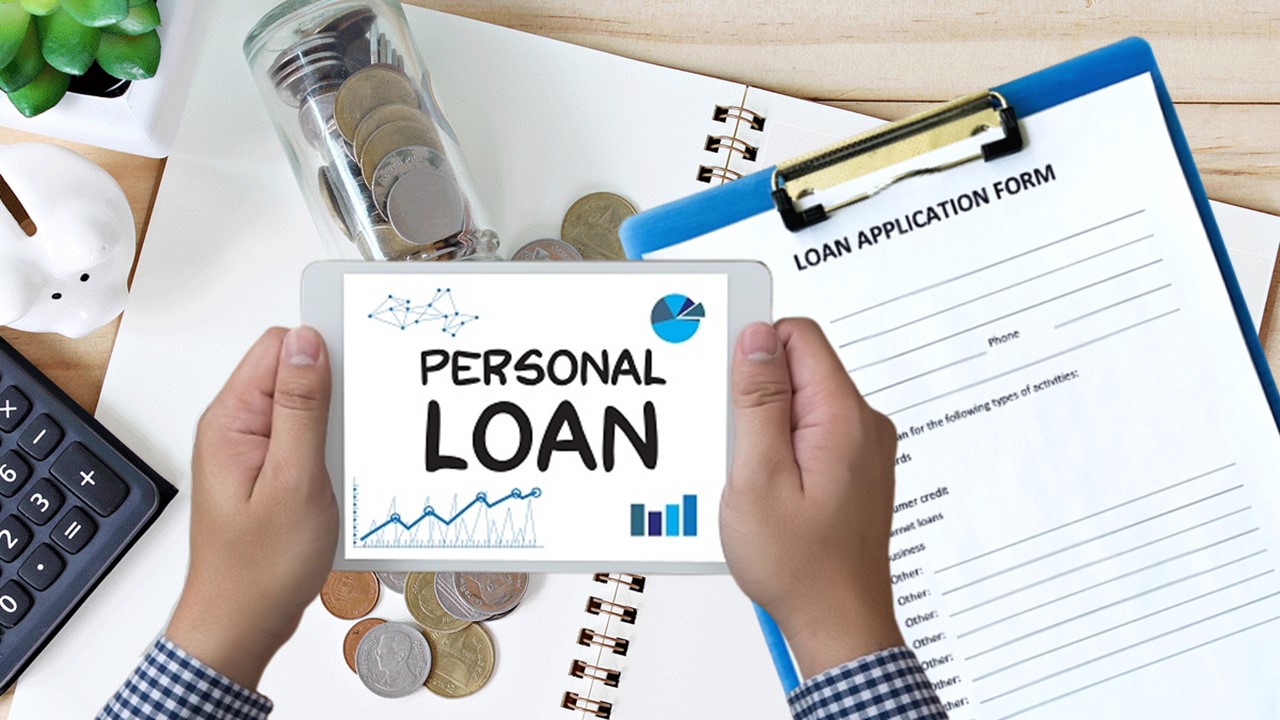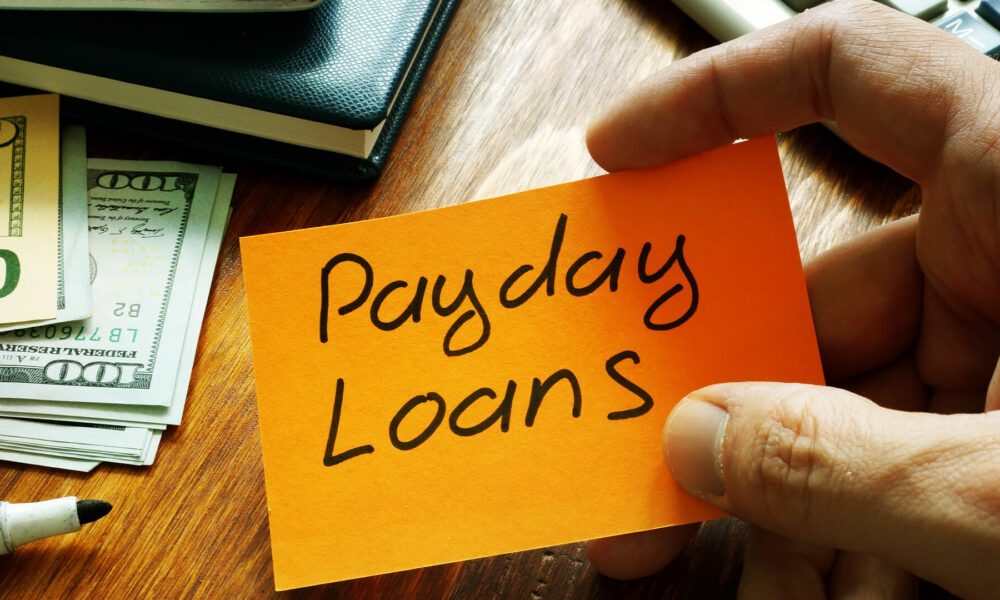Understanding Bankruptcy: Chapter 7 vs. Chapter 13
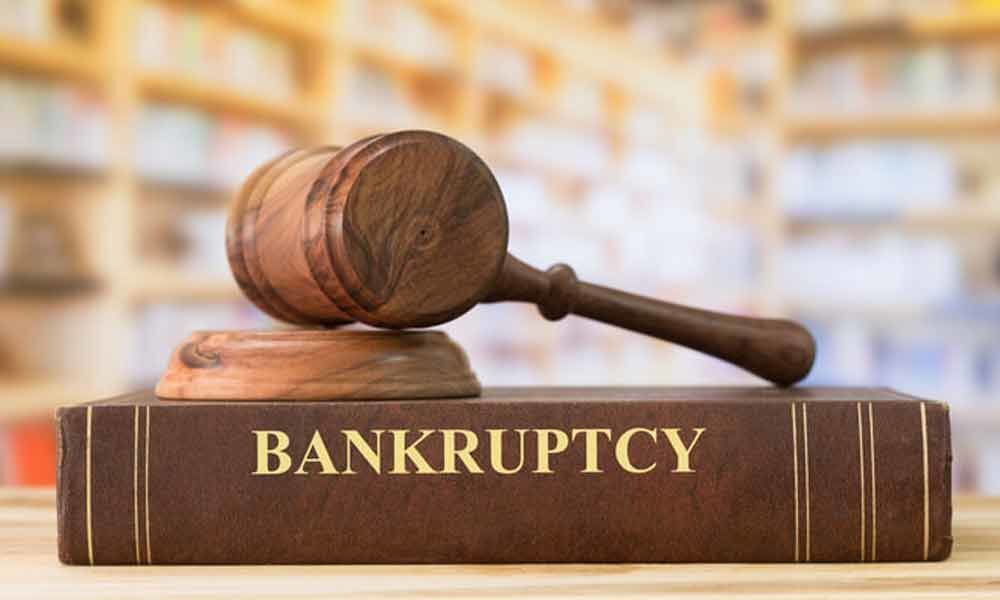
Bankruptcy is a legal process that allows individuals or businesses to eliminate or restructure their debts under the supervision of the court. There are different types of bankruptcy, but the most common ones are Chapter 7 and Chapter 13. Each type has its own advantages and disadvantages, and it’s important to understand them before deciding which one to file.
Chapter 7 Bankruptcy
Chapter 7 bankruptcy is also known as a “liquidation bankruptcy” because it involves selling off the debtor’s non-exempt assets to pay off the creditors. The debtor can keep some property that is exempt under the law, such as the primary residence, personal belongings, and retirement accounts. However, any non-exempt assets will be sold off, and the proceeds will be distributed among the creditors.
Chapter 7 bankruptcy is a good option for those who have little or no income and a lot of unsecured debts, such as credit cards, medical bills, and personal loans. It can wipe out these debts completely, giving the debtor a fresh start. However, it cannot eliminate secured debts, such as mortgages and car loans. The debtor may have to surrender the collateral or reaffirm the debt and continue making payments.
Chapter 13 Bankruptcy
Chapter 13 bankruptcy is also known as a “reorganization bankruptcy” because it involves creating a repayment plan that lasts for three to five years. The debtor must have a regular income and be able to make monthly payments to the court-appointed trustee, who will distribute the money among the creditors. The debtor can keep all of their property, but they must pay off a portion of their unsecured debts, based on their income and expenses.
Chapter 13 bankruptcy is a good option for those who have a steady income and want to keep their property, such as a house or a car. It can also stop foreclosure or repossession, as long as the debtor keeps up with the payments. However, it requires a long-term commitment and strict budgeting, as any missed payments can result in dismissal of the case.
Which Type of Bankruptcy is Right for You?

The decision to file for bankruptcy is a serious one, and it should be made after careful consideration of all the options. Chapter 7 bankruptcy is a good option for those who have little or no income and a lot of unsecured debts, while Chapter 13 bankruptcy is a good option for those who have a steady income and want to keep their property.
However, there are other factors to consider, such as the type and amount of debts, the value of the assets, and the eligibility requirements. It’s important to consult with a bankruptcy attorney who can evaluate your situation and recommend the best course of action.
- Are you eligible for bankruptcy?
- What are the pros and cons of each type of bankruptcy?
- What debts can be eliminated or restructured?
- What assets can be protected?
- What are the costs and fees?
- How long does the process take?
By answering these questions and getting the right advice, you can make an informed decision and achieve a fresh financial start.
